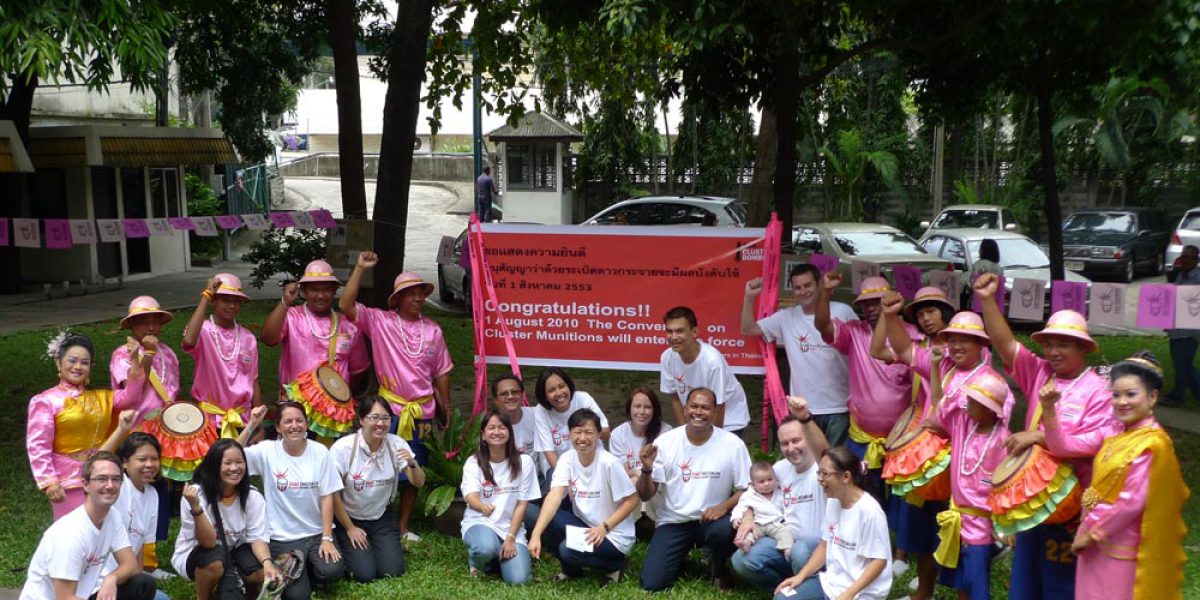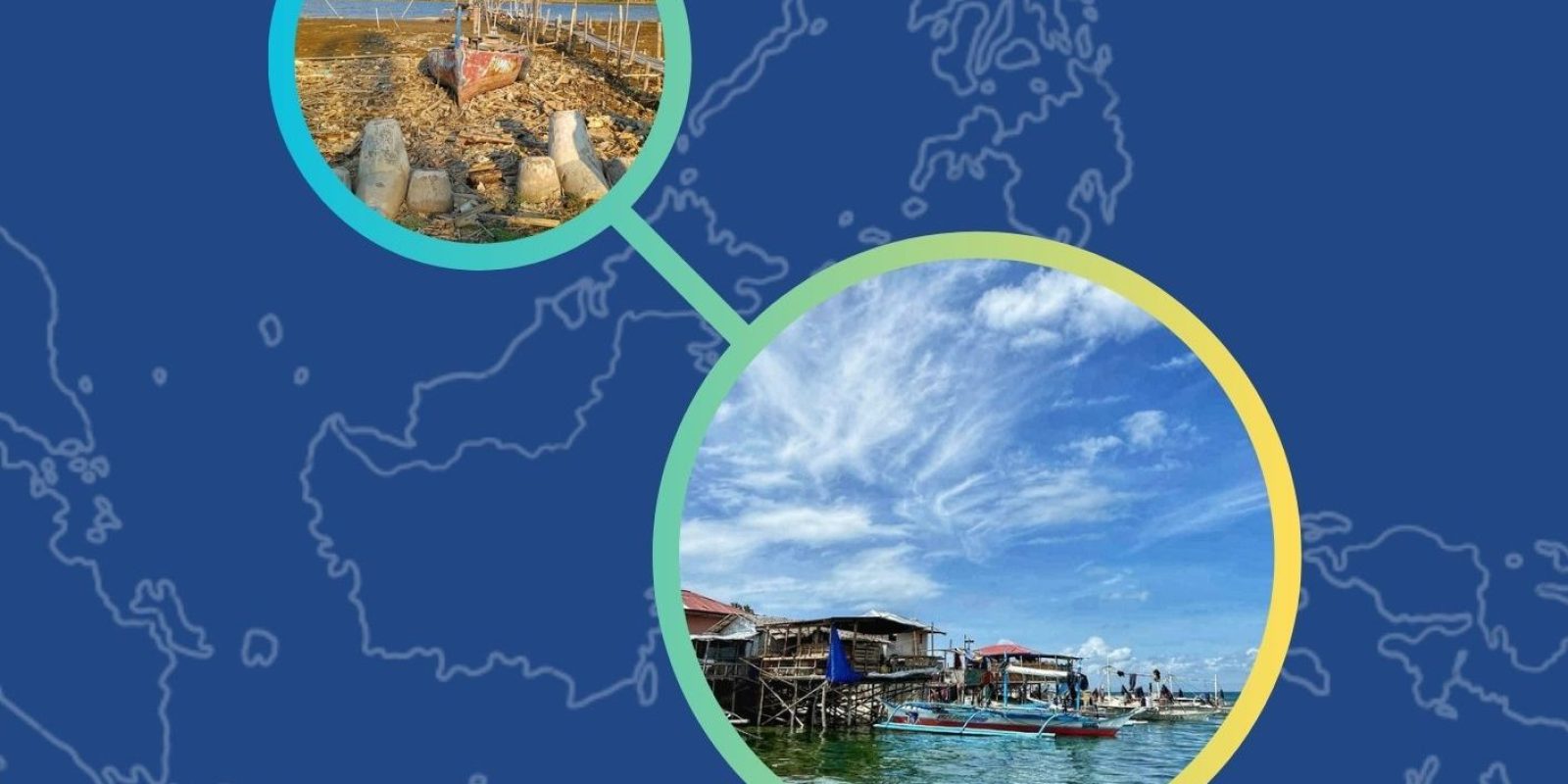Thailand: Convention on Cluster Munitions becomes binding international law
01 August 2010|Oliver White

Bangkok, 1 August 2010 – On the 1st of August the Convention on Cluster Munitions came into force, becoming binding international law in 107 countries around the world.
Adopted in Dublin on 30 May 2008 and opened for signature in Oslo in December 2008, the Convention bans the use, production, stockpiling and transfer of cluster munitions and calls for the destruction of stockpiles within eight years, clearance of cluster munition-contaminated land within 10 years, and assistance to cluster munition survivors and affected communities.
Pham Quy Thi, a 52 year old landmine survivor from Vietnam said, “I hope that the Treaty will make a real difference in the way that the contaminated areas will become de-polluted, so that I will be able to work without any fear, and that children will no longer risk finding cluster munitions more than 30 years after the end of the strikes.”
JRS Asia Pacific celebrated the entry into force of the most significant disarmament and humanitarian treaty in over a decade by organizing a mass at Xavier Hall in Bangkok, followed by traditional Thai drumming and dancing.
“Even though we are from a small country, our voices are loud. The voice from our drums carries our message to the countries that have not yet joined the Convention. We hope more and more countries will join then the cluster bomb survivors, their families and communities will get support they need” said Sermsiri Ingavanija, JRS Ban Landmine and Cluster Bomb Campaign Coordinator.
Bernard Hyacinth Arputhasamy, SJ, Regional Director of JRS, who attended the event at Xavier Hall, said “There is no justification for these weapons of mass destruction. Today we celebrate this achievement through the efforts of many people from many nations and backgrounds expressing our global moral solidarity.”
Father Bernard urged Thailand and other non-signatories to sign the treaty. “More needs to be done to persuade other countries to join the global moral and creative force to ban cluster munitions.”
This sentiment was echoed by Sermsiri Ingavanija who said, “South-East Asia is the most heavily affected region from cluster munitions and has spent decades dealing with the effects of landmines and cluster bombs. The decision to join would show solidarity with Lao PDR which is providing much needed global leadership on the issue and would positively influence other countries in the region to join the ban.”
As a leader on the 1997 Mine Ban Treaty, Thailand participated in the “Oslo Process” to negotiate the 2008 Convention on Cluster Munitions and has expressed concern about the humanitarian consequences of cluster bombs. Despite this support, Thailand has not yet signed the Convention.
Thailand stockpiles cluster munitions and although it announced at the Oslo signing conference (where it participated as an observer) that it will not use cluster munitions, Thailand has cited challenges related to the destruction of its stockpiles as the main obstacle to signing. If it joined the Convention on Cluster Munitions, Thailand would be eligible for international cooperation and assistance to destroy its stockpiles. Thailand is not believed to have used, produced or transferred cluster munitions.
As a member of the Cluster Munitions Coalition (CMC), JRS urges Thailand to sign the Convention without delay and to attend the First Meeting of States Parties to the Convention, which will be held from 9-12 November in Lao PDR, the world’s most cluster-bombed country. This key meeting will lay the foundation for future work on the Convention by bringing together for the first time state parties to the treaty, UN agencies, international organisations, civil society groups and cluster bomb survivors. Governments will share progress reports and draw up plans for action to implement the treaty’s lifesaving provisions within the established deadlines.


